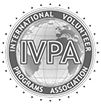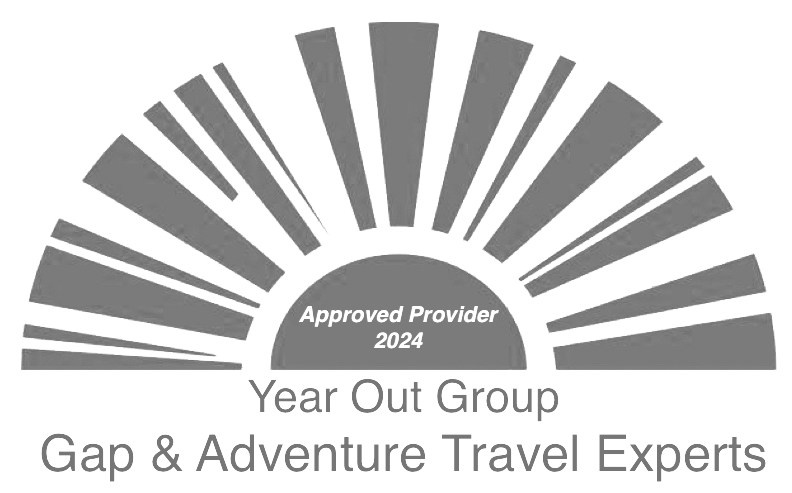Wildlife Trade Impacts
COVID-19 has caused a global health crisis which has affected all of us in so many ways. Since the impact has been so devastating to humans, due consideration of the origin of the disease is of utmost importance. Have we taken enough time to understand how the pandemic came about and how it emphasises the destructive impact of wildlife trade and consumption on human health and societies?
From what we do know, COVID-19 is caused by a coronavirus, which is a zoonotic disease, meaning it originated from an animal but can spread to human beings. The source of the virus outbreak is believed to have been a “wet market” in Wuhan, China, that sold both live and dead wildlife and domestic animals, along with other foods for human consumption. Such markets can be a breeding ground for viruses shed by stressed animals, warehoused together and exposed to bodily fluids in unhygienic conditions. The serious welfare concerns for the animals stacked next to and on top of each other, in small, very poorly maintained cages and enclosures, are huge! None of these animal’s welfare is taken seriously and leads to the human consumption of possibly diseased animals. Looking back over the last 50 years, the worst epidemics in recent history are all related to zoonotic diseases such as Avian flu, Swine Flu, SARS and Ebola.
According to Interpol (the International Criminal Police Organisation), the illegal trade in wildlife is a multi-billion dollar industry. Sadly overlaying, and probably supporting it, is the legal trade in wildlife. The illegal trade is monitored by governing bodies such as CITES (the Convention on International Trade in Endangered Species). CITES protects all wild animals of conservation concern against exploitation when traded internationally and lists them in three categories according to their conservation status.
CITES, however, acknowledges that no framework exists and their policies need updating to further protect these species of conservation concern. This may therefore mean that facilities listed with CITES, such as captive breeding operations, commercial exhibition facilities, nurseries, scientific institutions, sanctuaries, rehabilitation facilities and wildlife traders, may trade with these animals as appendix II-listed animals.
As a result, zoos are generally listed as commercial destinations in CITES and they are not meant to profit from the trade. This would mean that there are currently loopholes in the system and that many wild animals can still be traded legally, which is devastating to all of us, since the illegal wildlife trade has caused so many issues already.
Prior to the COVID-19 pandemic, we had a total of 35 volunteer projects across South Africa, Namibia and Botswana. Good Hope Volunteers, with an existing ethics policy statement, pride ourselves as an environmental conservation organization strongly invested in responsible and ethical volunteering. This statement of policy prescribes acceptable guidelines and methods pertaining to our partner organisations and serves as a benchmark for them to follow. Animal ethics, animal welfare and nature conservation form the foundation of this policy.
Our current conservation volunteer projects focus on the conservation of wildlife, wildlife research, wildlife management, wildlife rehabilitation, wildlife sanctuaries, and marine conservation and research. Whether these wild animals are rehabilitated or protected for their welfare in a sanctuary, roam freely in the wild, or are even traded with, they remain of immense conservation concern and value. We all have an opportunity to contribute towards making a difference in the environment!
Animals are dependent on our ethical actions and we ought to protect their welfare and improve their lives through the care and resources that we can afford as human beings.
The conservation industry has unfortunately been plagued by a history of corruption as well as the unethical and heart-breaking treatment of animals and communities. We strive to set out a system of guidelines and regulations in order to sustain and develop a model for all organisations like ours to follow if they choose. We also work very closely with our volunteer projects to combat these issues and open our projects to all volunteers to help make a difference in both local communities and the lives of animals. Let’s preserve and conserve the planet and everything in and on it so that we can live in harmony with each other for future generations to come.
You can put a stop to animal trading and cruelty.
Join one of our programs and together we can make a difference!
Yours,
Edward Julius (Support Coordinator)
The Good Hope Volunteer Team
To be part of our amazing volunteer community, please contact us.
Follow us on Instagram (@good_hope_volunteers), Facebook (@goodhopevolunteers) and Twitter (@GHVvolunteers)

